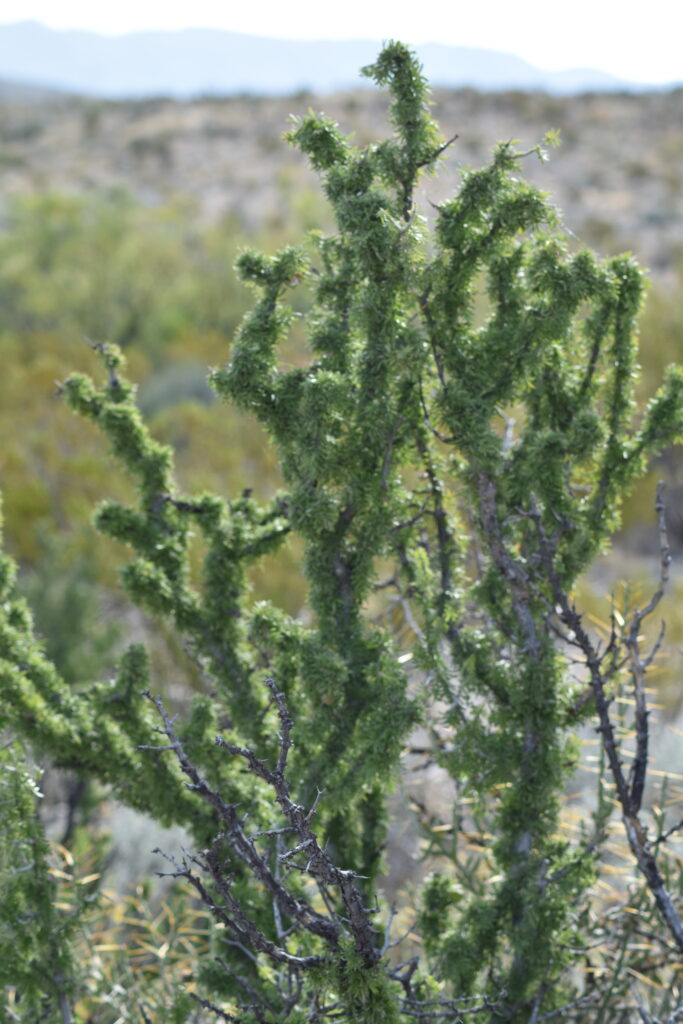
I have decided to reopen my counseling practice on a part-time basis and focused on Mindfulness-Centered Ecotherapy (MCE). MCE is an umbrella rubric that covers my counseling practices and pretty much my life emphasis, including my two books, WindWalker (2000) and The Guru on the Mountain (2020). MCE includes a broad-swath of Nature-Centered therapeutic approaches and includes all those activities that bring us in touch with and interaction with nature: nature meditation, horticultural therapies (plants and garden), animal-assisted, physical activities in nature (walking, camping, bicycling, drumming, painting, drawing, writing, etc.). It seeks to reconnect us with Nature, and mindfulness is the way we interconnect.
Based on the field of ecopsychology, which is defined as the study of psychological processes that integrates us with nature–or separate us from it, ecotherapy is applied ecopsychology and extends ecopsychology to mind-body and nature. It is a term introduced by Howard Clinebell’s in his 1996 book, Ecotherapy: Healing Ourselves, Healing the Earth, (now available in a revised 2016 version).
Ecotherapy reminds us of Thoreau’s Walden, of Emerson’s that we live in the lap of a great intelligence. That “intelligence” is Nature herself. The short of it, surmising E.O. Wilson in his last book, The Social Conquest of Earth, is that we are a stone Age species living in a Star Wars World; evolutionary chimeras driven by our ancient animal instincts that have been overlaid with a complex intelligence that is destroying the very environment we live and depend upon, along with huge numbers or the Earth’s other creatures.
Mindfulness-centered ecotherapy (a.k.a., mindfulness-based ecotherapy) combines with ecotherapy the power of mindfulness. Mindfulness is about staying fully present in the moment on whatever task is at hand. That said, when mindfulness is merged with meditation so that more of our neural processes are shifted from the linier left-brain (left cerebral hemisphere) cognitive and languaging processes, to right-brain with its more non-linear, Gestalt/holistic processes, we can tap into our lower subcortical (read, subconscious) processes that drive so much of our motivations, emotions, behaviors–and suffering. Those ancient drives, steeped as they are in evolutionary survival and reproduction, helped make us a dominant species but are often ill equipped for the modern world we’ve created where stress, anxiety, and depression run rampant.
MCE not only encourages us to reconnect with Nature, it reminds of a simpler time of living close to nature, of a life uncomplicated by COVID and climate change. MCE is closer perhaps to the Navajo practice/philosophy of Hózhó, which is a Diné (Navajo) concept/word often translated as “balance and beauty,” but “balance, beauty, and harmony,” is perhaps closer.
MCE is solution-based therapy: it focuses on finding solutions, not on problems or issues per se. In so doing, solutions to the problems emerge. For example, let’s take a client that presents with high anxiety or stress. Instead of focusing therapy on anxiety, it focuses on mindfulness meditation and skills that reconnect us with nature and a more Hózhó lifestyle. Practicing mindfulness meditation with nature, taking a mindful meditative walk in nature. Of sitting with an ancient tree in the forest and just letting ourselves experience the tree without thoughts. MCE draws from Systems Theory and Indigenous Wisdom that humans are part of nature, not separate from it. Something we have forgotten in our Westernized, ego-centric, individualized, highly technological culture which sees nature as something to be overcome, a.k.a., the enemy.
To what psychological issues can MCE be applied ? I have already mentioned anxiety, depression, and stress. Here is a list of other issue areas:
Loneliness
Life transitions (divorce, loss, retirement)
Aging
Existential meaning
Troubled teens and parenting
PTSD
ADHD in children, teens, and adults
Personal growth
Inner peace and spirituality
MCE can be used with individuals, couples, families, and groups. It draws from Systems Theory and Indigenous Wisdom that humans are part of nature, not separate from it. Something we have forgotten in our Westernized, ego-centric, individualized, highly technological culture which sees nature as something to be overcome, a.k.a., the enemy.
For confidential inquiries about my counseling services, please contact me using my secure Confidential Contact Form or call me at (864) 508-0781. Note about texting: text via this number is secure/confidential using the Signal app. Filling out the contact form above, you can ask me to text you, and I will respond through Signal, and you can text me back securely.
Wow Darrell, what an undertaking. It is breathless and beautiful. Such important work during these dark times. I wish you massive success in this endeavor. Nature heals in ways that most of us have forgotten. Thank you.